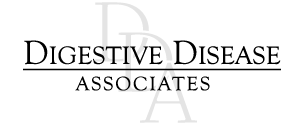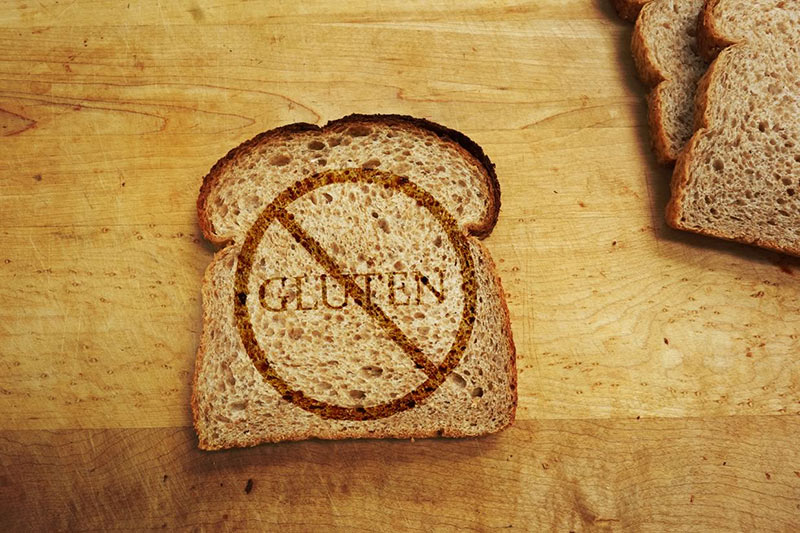Celiac Disease is a hereditary condition in which gluten — a kind of protein found in wheat, rye, and barley — triggers an immune response that damages the small intestine. This renders the body less capable of absorbing nutrients from food. Appropriate treatment is critical as celiac disease can result in long-term inflammation and absorption problems that may affect multiple areas of the body.
Hinsdale area gastroenterologist Dr. Suman Kaur discusses this condition more frequently with patients today than she did 10 years ago. Patients can sometimes confuse celiac disease with gluten intolerance.
Symptoms
Celiac disease can begin at any age. Common symptoms in children may include:
- Decreased appetite or reluctance to consume certain foods
- Failure to grow/decreased stature
- Malnourishment
- Weight loss
- Chronic diarrhea
- Chronic constipation
- Vomiting
- Abdominal pain and bloating
- Fatigue
- Attention Deficient Hyperactivity Disorder
- Skin rash (known as dermatitis herpetiformis).
Commons symptoms in adults may include:
- Anemia
- Fatigue
- Headaches
- Irritability
- “Brain fog”
- Skin rash (dermatitis herpetiformis)
- Weakened bones
- Abdominal pain and bloating
- Diarrhea
- Vomiting
- Constipation
- Pale, intense-smelling stools
- Mouth ulcers
- Tooth discoloration or enamel erosion
- Tingling and/or numbness in hands/feet
Treatment
At present, the only treatment for celiac disease is the lifetime elimination of gluten from the diet.
Known foods containing gluten include:
- Barley
- Bulgur
- Durum
- Farina
- Graham flour
- Malt
- Oats*
- Rye
- Semolina
- Spelt
- Triticale
- Any wheat derivative
*Oats may be tolerated by some celiac patients. Speak with your physician before adding oats to your diet.
Other items that may contain gluten:
- Canned soup
- Ice cream
- Candy
- Crackers
- Processed meats
- Condiments such as ketchup and mustard
- Salad dressing
- Yogurt
- Beer
- Pasta and noodles
- Flavorings (malt syrup, soy sauce)
- Brewer’s yeast
- Licorice
Non-food products that may include gluten:
- Lip balm and lipstick
- Medications and vitamins
- Toothpaste and mouthwash
Note: This information shouldn’t take the place of a physician’s care. Please see your physician or Dr. Suman Kaur of Digestive Disease Associates with any questions or concerns: (630) 325-4255.

